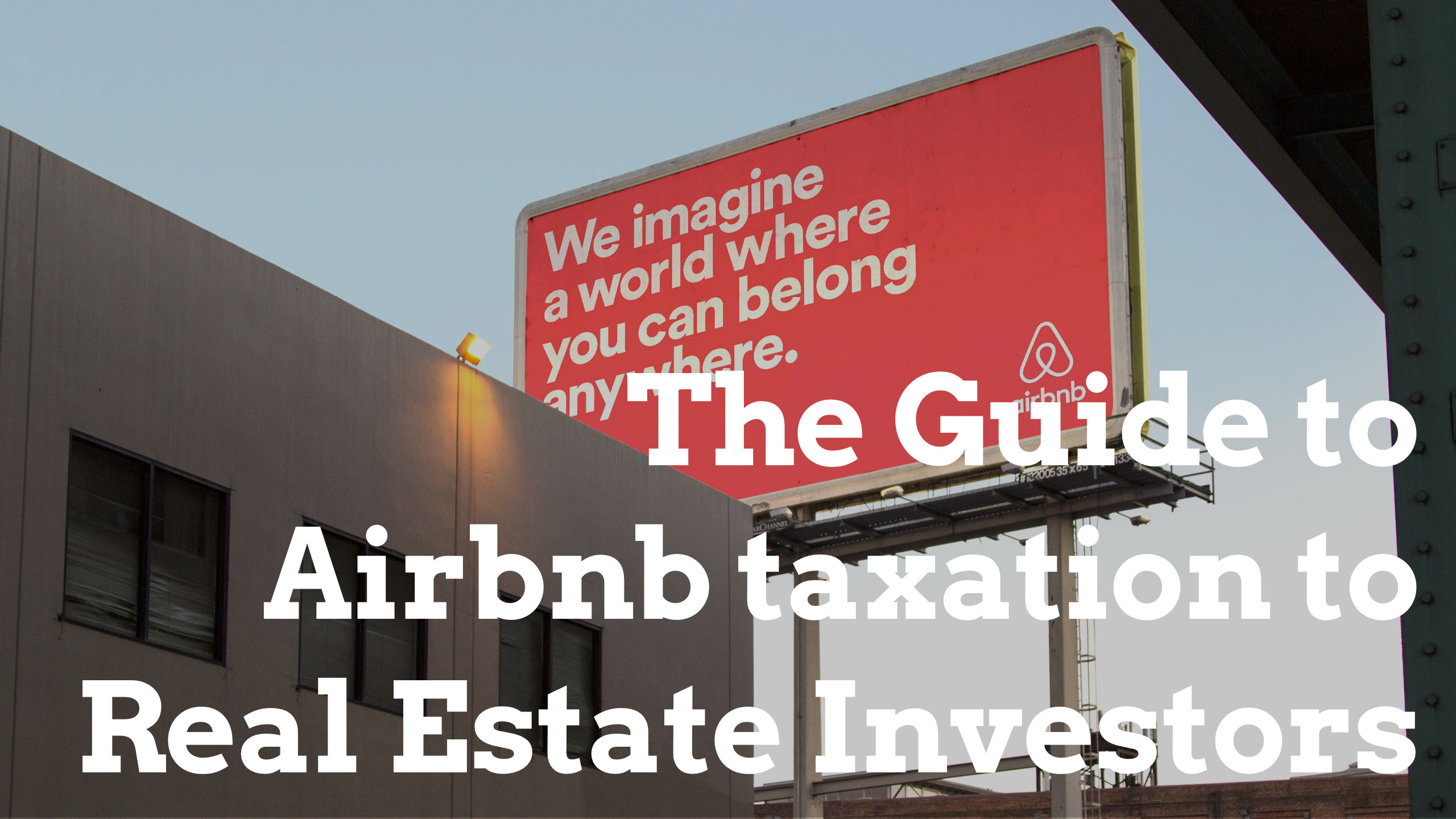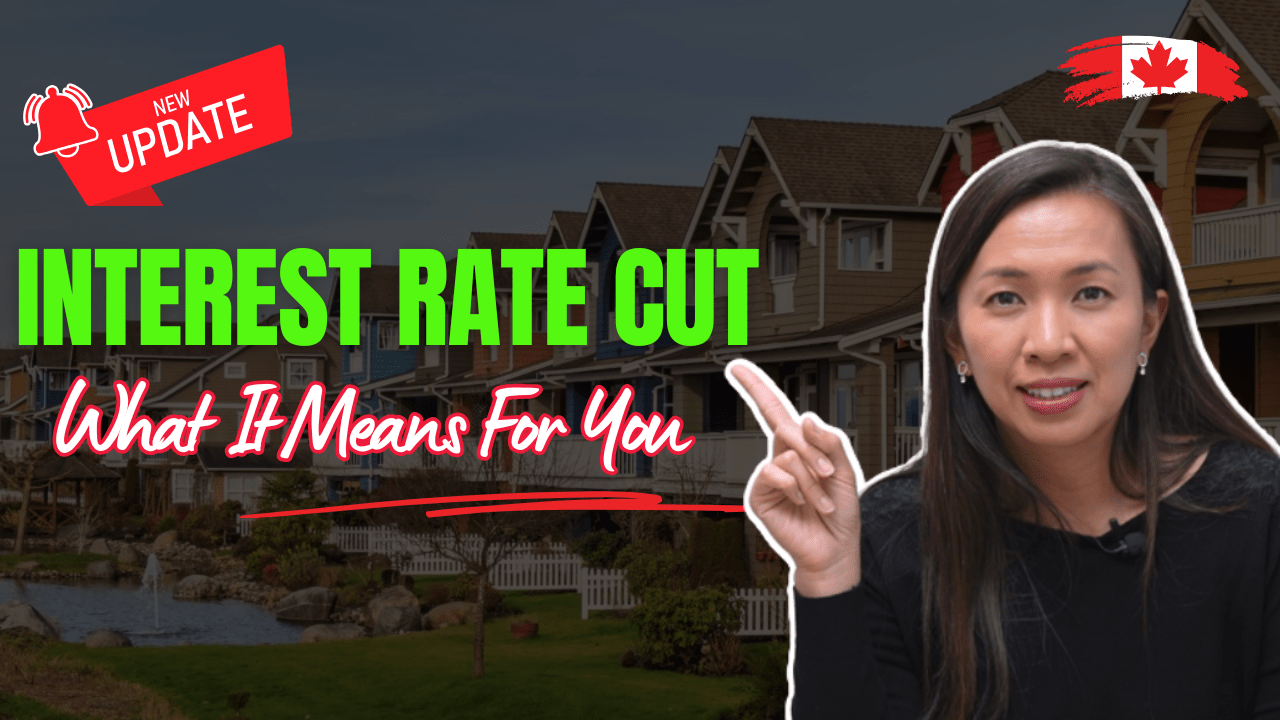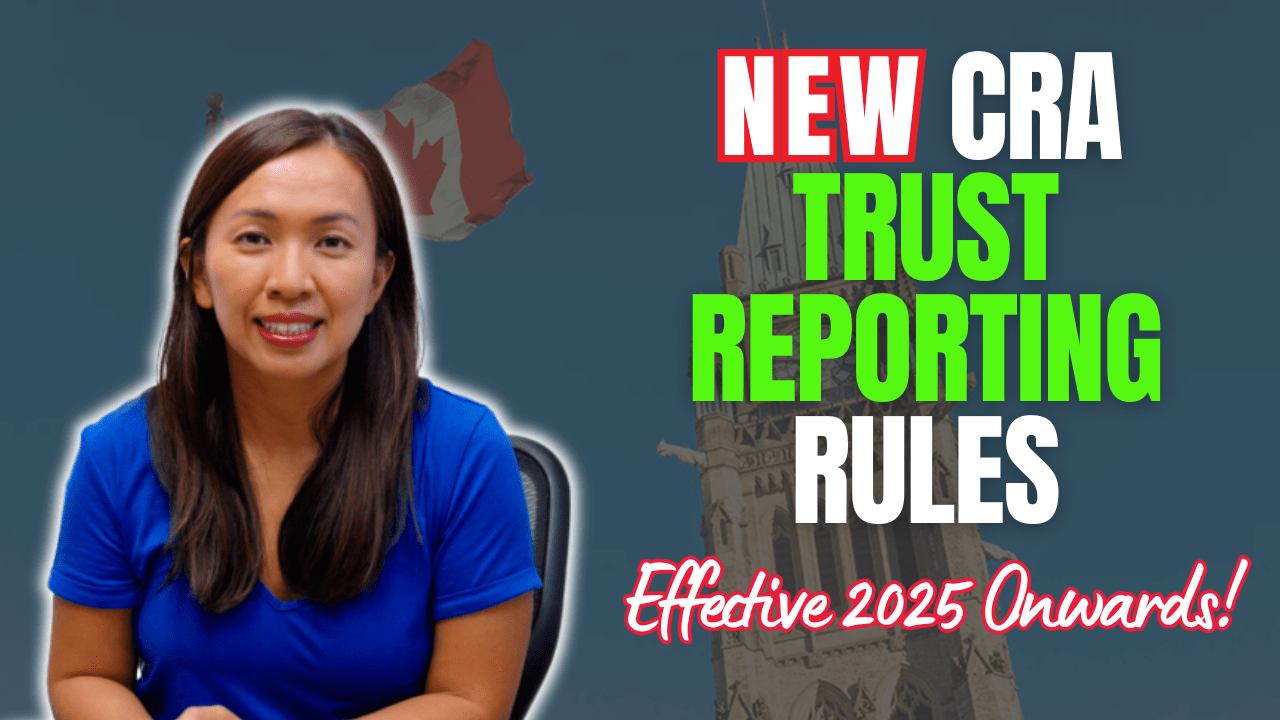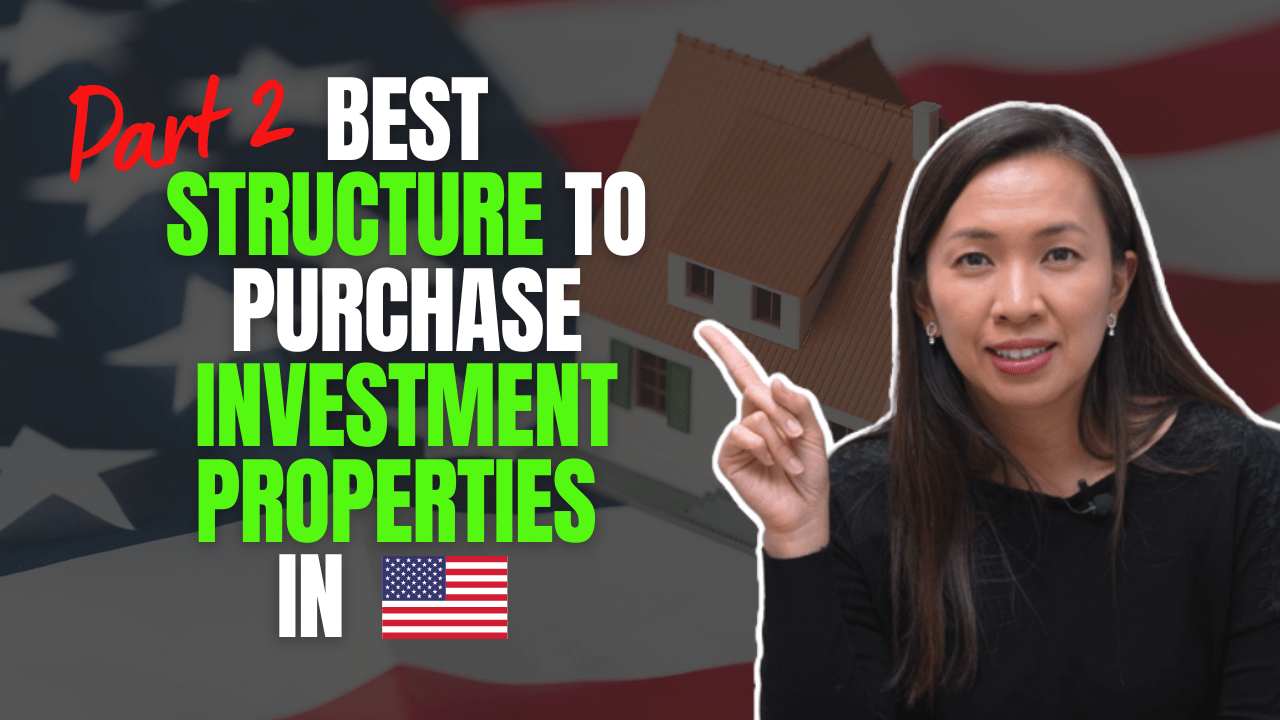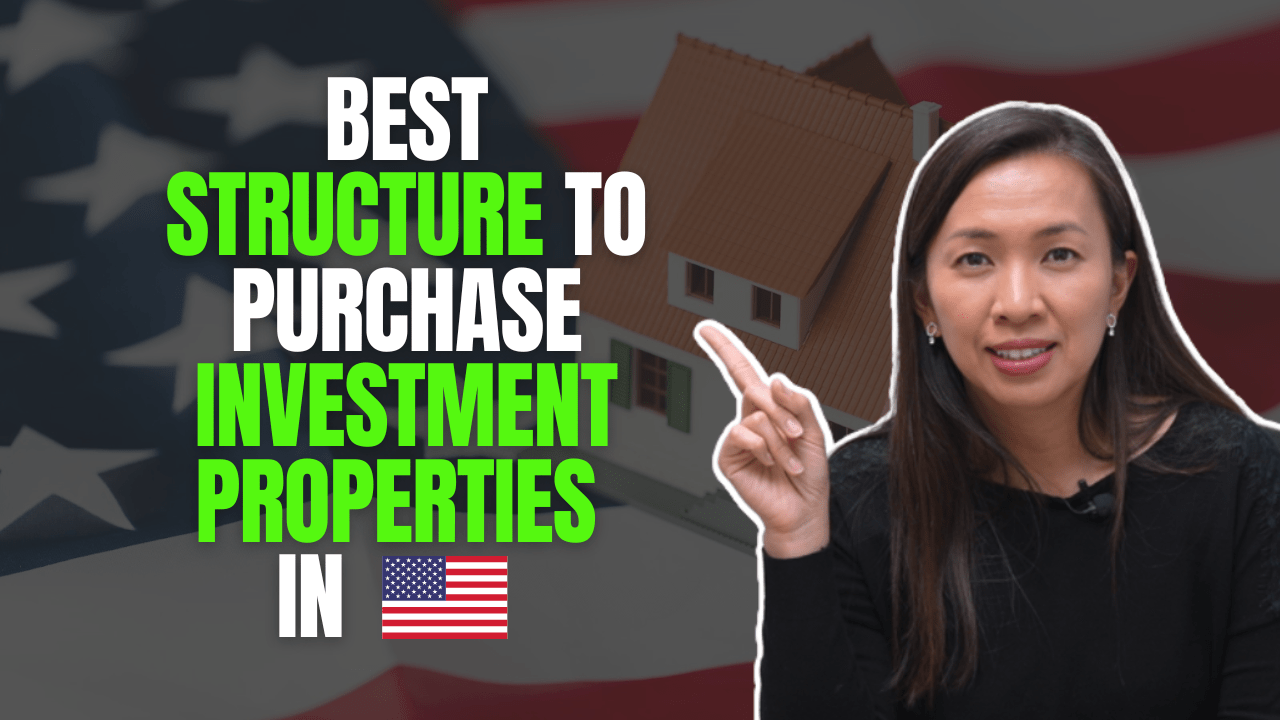Last week I finally found a place in Florida to stay for our February trip.
Last year, we planned a cruise trip. Like all the cruise trips we had been on, we booked an early flight to Fort Lauderdale the day the cruise set sail.
I am a BIG cruise lover. I’ve been on over 15 cruises myself and I had never once missed the boat.
Turned out the Pearson airport ground staff were mostly sick that day and our flight got delayed for 4 hours before leaving Toronto. We took off at the time when we were supposed to arrive in Fort Lauderdale.
We ended up missing our ship. We could catch the boat in its next stop in Mexico but we had to take two connecting flights, over 10 hours of travel to get there. Erwin and I just decided to stay in Fort Lauderdale with Robin. We stayed in a hotel by the beach for a week and we still had an amazing time all together.
This time around it’s more complicated. Instead of traveling with one kid, we have two now. My mom and my brother are visiting from Hong Kong. My aunt and my cousin are also joining us. It’s their first cruise trip.
We have a big group this time and simply can’t afford any problems. We can’t take the risk of missing the boat.
So we decided to go to Miami a few days before. This gives them the opportunity to tour the city and it guarantees that we will be able to catch the ship!
As you can imagine, it can be quite expensive to find a hotel that will accommodate us all. And because of the kids, it’s actually better to stay at a place that has a kitchen.
Like most people do, we turned to the biggest hotel chain in the world that does not own any hotels – AirBnB.ca!
 Through the website, I was able to find places available that could accommodate all eight of us and fit our budget.
Through the website, I was able to find places available that could accommodate all eight of us and fit our budget.
Based on the customer reviews, I was able to find a place in a good neighborhood relatively quickly.
Undoubtedly, AirBnB home sharing has become a very popular way of accommodation.
For the real estate investors locally who want to operate an AirBnB accommodation, be it one based in the UK from Peter Hall Middlesbrough or one anywhere else in the world, what is the tax implication of this?
As a Canadian tax resident, you are required by law to report your worldwide income, whether you earn it legally or illegally.
So if you operate an AirBnB on your vacation home in Florida, you are still required to report the income on your Canadian tax return.
If you operate an AirBnB in your Canadian properties, AirBnB leaves the tax filing responsibility to the Canadian home owners.
You are responsible to keep track of all the income you generate from operating these short term rentals, be they villas to let or otherwise, and report them on your tax returns.
Similar to all rental properties, any expenses you incur for the purpose of earning the rental income are deductible.
The 3% host service fees being charged by AirBnB is a deductible expense against your rental income.
Cleaner’s fees are deductible, alongside with utilities, repairs & maintenance, condo fees, mortgage interest, etc.
This place I am staying has three bedrooms with three queen sized beds, a fully equipped kitchen with all appliances.
These furniture and appliances can be capitalized and capital cost allowance (depreciation) can be taken on these assets accordingly to offset against your income. Care should be taken into differentiating between a capital asset and regular repairs and maintenance cost.
Now if you rent out only a portion of your home to the AirBnB travelers, and you still live in the house, you need to be extremely careful with the portion of expenses that you are deducting.
You are only allowed to deduct the portion of expenses that are related to the AirBnB rental business. Say 40% of your house is rented to the AirBnB travelers, only 40% of mortgage interest, utilities, property taxes, insurance, repairs & maintenance, etc. are deductible against the income.
If you rent out more than 50% of your home as AirBnB, you may no longer be able to claim principal residence exemption on this house. (To qualify to claim the principal residence exemption, the rental portion must be ancillary to you living there. Also, no capital cost allowance can be taken on the building cost.)
You may also run into the HST issue if you make more than $30K a year. Generally speaking, residential property rentals are HST exempt. CRA may argue that the airBnB hosts are operating the place on commercial terms, similar to what hotel operations would be and hence your rental income could be subject to HST.
The responsibility is on the hosts to setup the charge of HST or else you are responsible to pay for the HST yourself.
AirBnB is definitely a great platform for home sharing. Although there is a lot of management involved, the money you can get from these short-term rentals can be quite substantial.
Be aware of these tax implications when you choose to operate a home sharing business!
For now, I am just happy that we found a beautiful place to stay in Florida.
Until next time, happy real estate investing!
Cherry Chan, CPA, CA
Your real estate accountant
